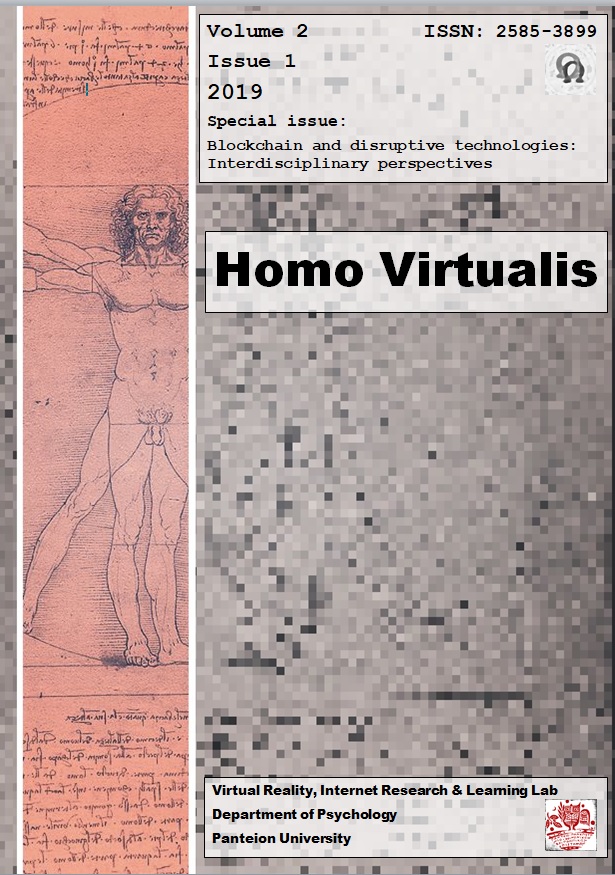Consumption on the Internet: Who’s influencing who?
Аннотация
This paper exhibits the results of the experiment that took place at Panteion University of Athens. For the operationalization purposes of the experiment, a web site was constructed that hosted 12 songs from unknown artists, while 196 students participated. The main research question is related to how we decide to consume or decline a cultural product, after getting information about the decisions of the previous participants. Namely, to what extent each successive actor complies with the group behavior after observing their preceding choices and possibly abandons his own private selection. In order to estimate whether this imitation tendency can cause mass consumption phenomena, we used the cross-sectional absolute deviation (Chang et al., 2000) which measures the existence of herding. The decisions of the previous participants in the first experimental group were presented as the impersonal choice of users and in the second as the preferences of the opinion leaders in a network of participants. According to the outcomes of the research the influence of the impersonal mass choice is stronger compared to that of the opinion leaders who failed to cause a phenomenon of high statistical value.
Article Details
- Как цитировать
-
Kasaras, K., Klimis, G.-M., & Michailidou, M. (2019). Consumption on the Internet: Who’s influencing who?. Homo Virtualis, 2(1), 113–149. https://doi.org/10.12681/homvir.21218
- Раздел
- Articles

Это произведение доступно по лицензии Creative Commons «Attribution» («Атрибуция») 4.0 Всемирная.
Authors who publish with this journal agree to the following terms:
· Authors retain copyright and grant the journal right of first publication with the work simultaneously licensed under a Creative Commons Attribution License that allows others to share the work with an acknowledgement of the work's authorship and initial publication in this journal.
· Authors are able to enter into separate, additional contractual arrangements for the non-exclusive distribution of the journal's published version of the work (e.g. post it to an institutional repository or publish it in a book), with an acknowledgement of its initial publication in this journal.
· Authors are permitted and encouraged to post their work online (preferably in institutional repositories or on their website) prior to and during the submission process, as it can lead to productive exchanges, as well as earlier and greater citation of published work.



